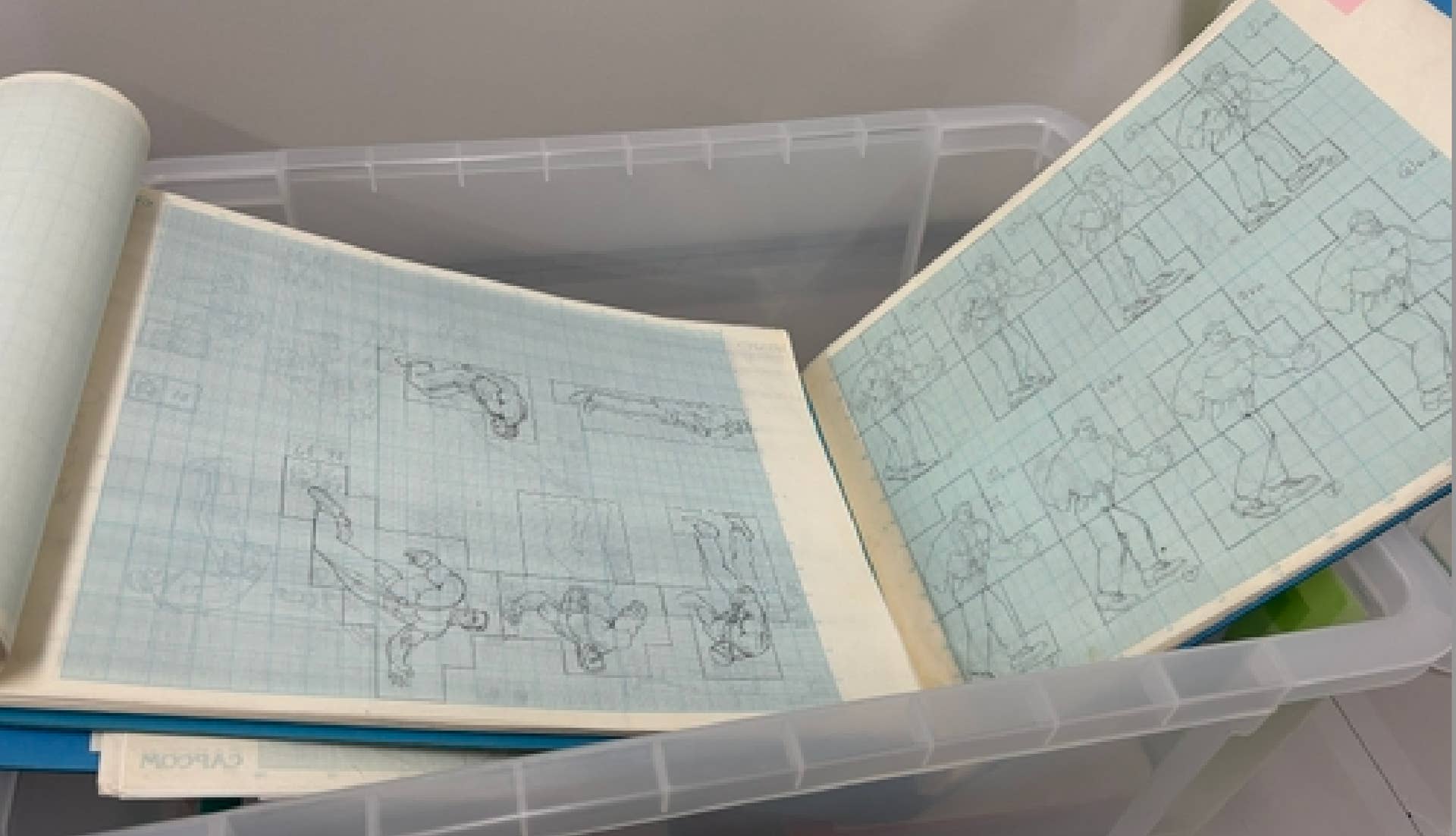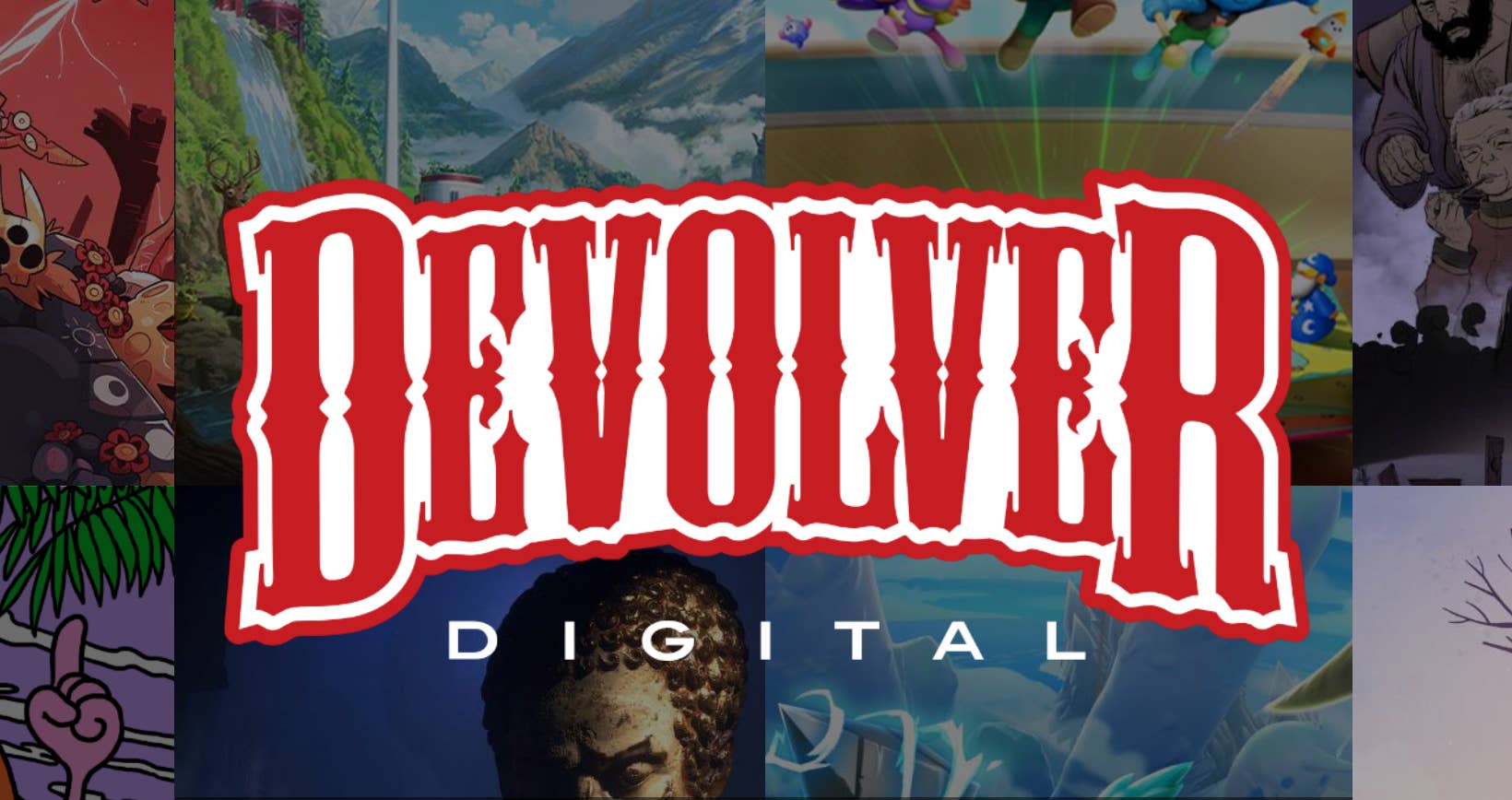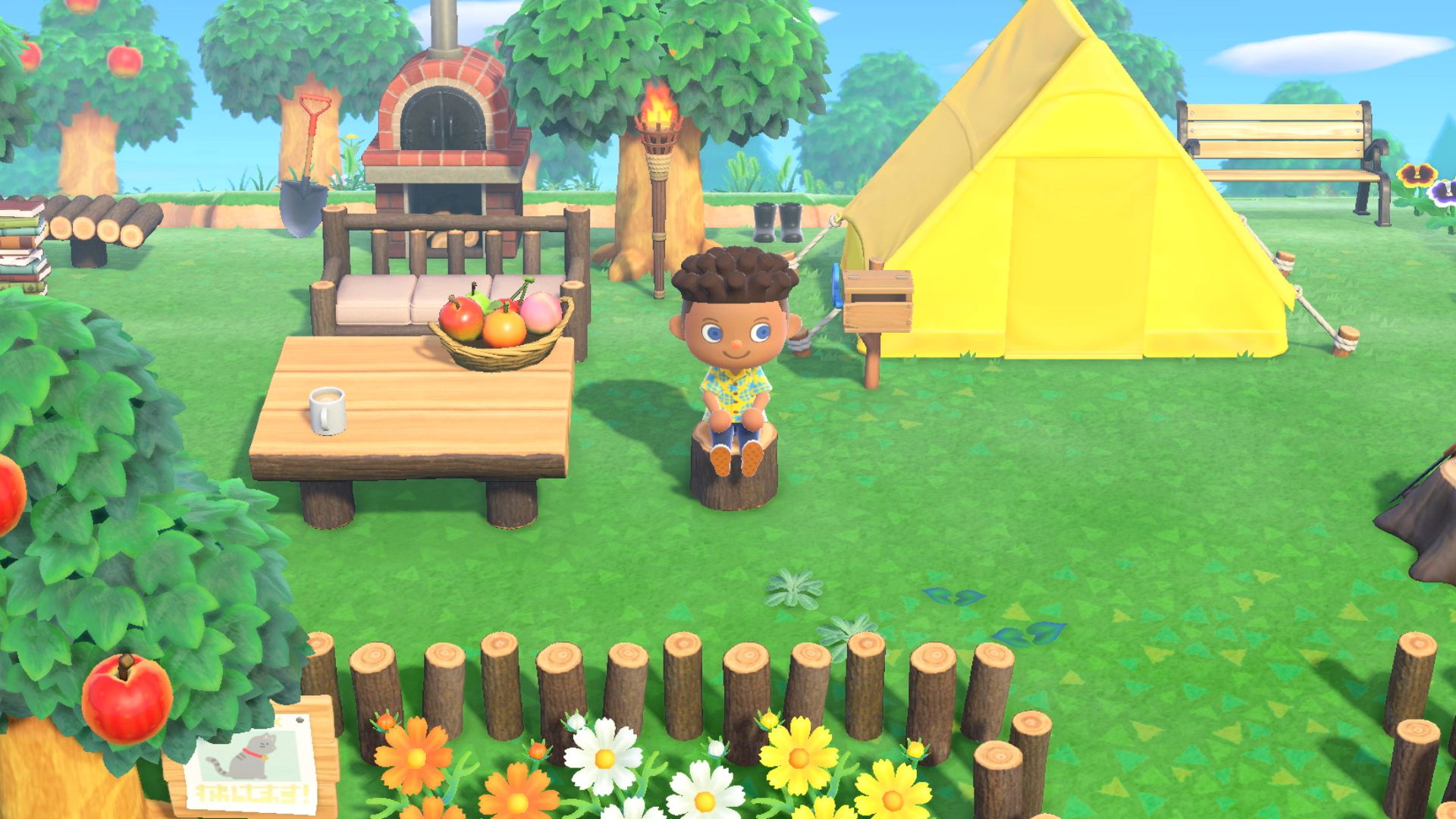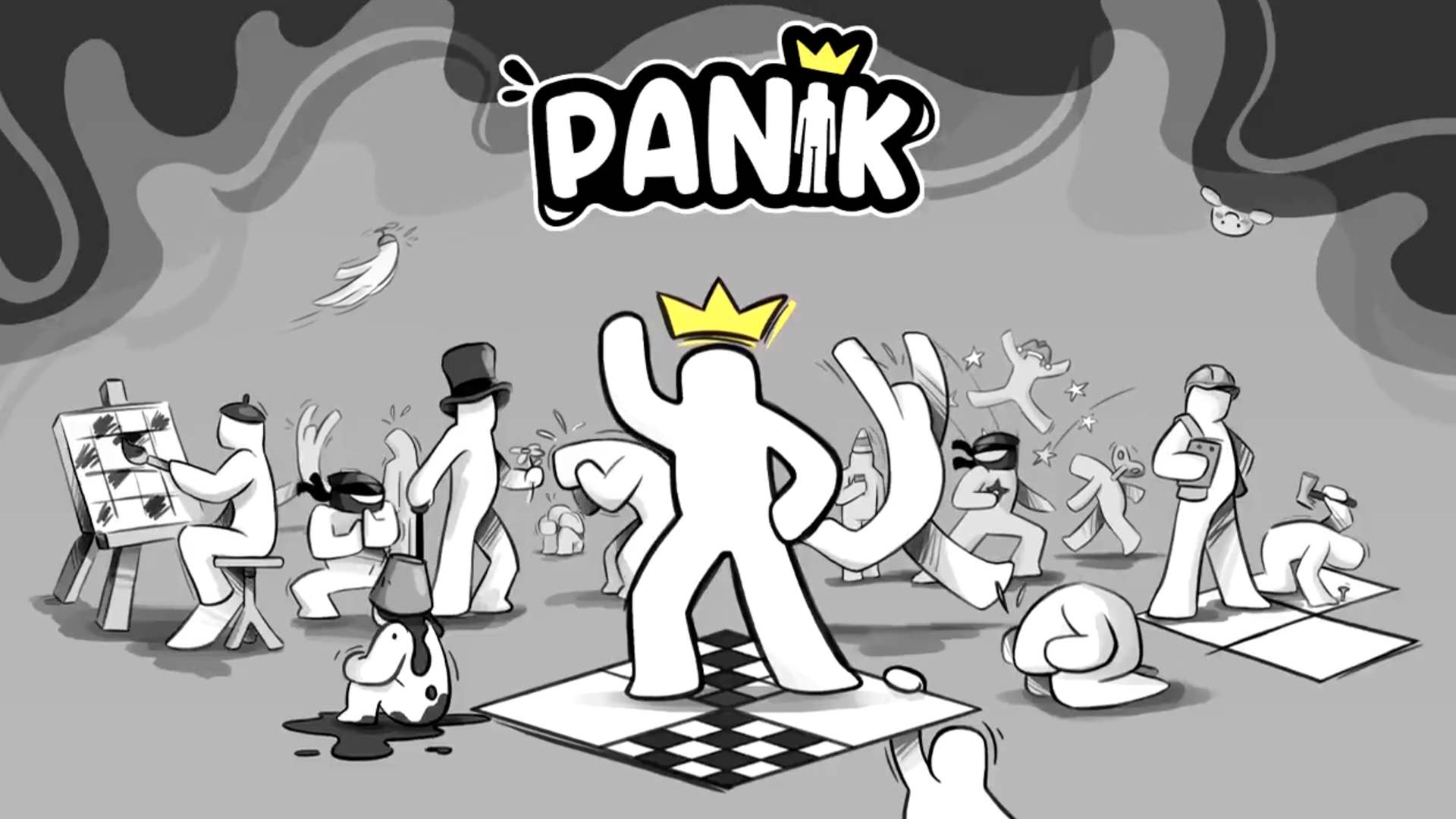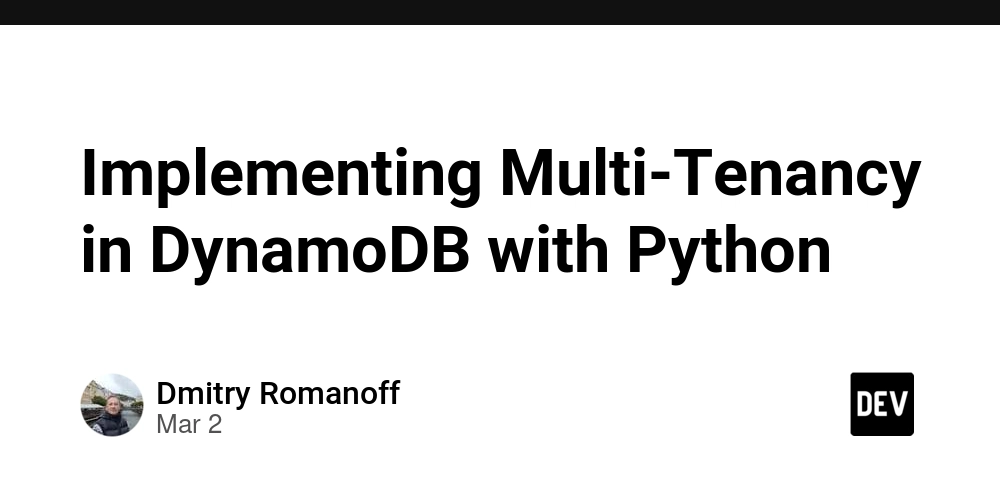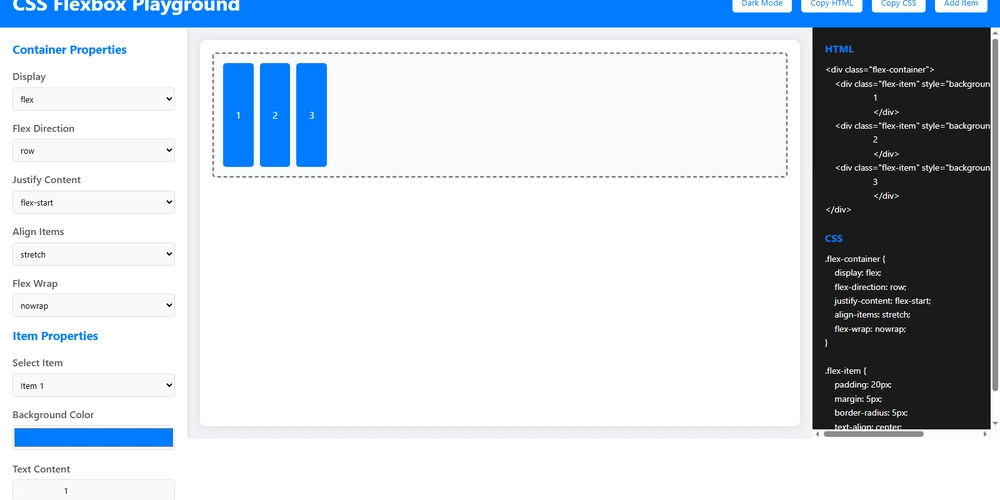What No One Tells You About Being a Mid-Level Developer
Let’s talk about what it actually feels like to be a mid-level dev—the quiet confusion, the shifting expectations, and the slow realization that growth isn’t always about writing better code. 1. You’re not a beginner anymore—but you still feel like one sometimes You know how to ship features. You’ve debugged scary bugs. You’ve even explained things to newer devs and realized, “Wait, I do know this!” But then, you’ll get thrown into something new—some legacy codebase, some architectural decision—and you’ll freeze. That little voice comes back: “Shouldn’t I already know this by now?” You’re not alone. Mid-level is where imposter syndrome doesn’t vanish—it just mutates. 2. People start expecting more, but don’t always tell you what that is You’re suddenly in charge of things like “code quality,” “project ownership,” and sometimes even “mentoring.” But no one tells you what those things actually look like day-to-day. You find yourself in meetings, nodding along, Googling acronyms under the table. And half the job becomes learning how to look confident while figuring stuff out on the fly. 3. You have more influence than you think You might not be leading teams, but your suggestions matter. Your pull requests shape patterns. Your way of solving problems gets copied. And when a junior dev asks you for help, you suddenly see how much you've learned. That moment when you explain a concept and they go “Ohh!”—yeah, that’s a quiet promotion right there. 4. You start realizing that growth isn’t just about code It’s about communication. It’s about trade-offs. It’s about choosing boring solutions when they’re the right ones. It’s learning when to speak up in a design review—and when to just listen. It’s understanding the business impact of your work, not just its technical elegance. The things that don’t go in your resume? They matter a lot more now. 5. It’s okay to not feel “ready” yet Here’s the truth: no one fully knows what they’re doing. The difference at this level is that you’re getting better at handling uncertainty. Better at asking for clarity. Better at shipping anyway. Being mid-level isn’t a stop on the way to senior. It’s a whole stage of its own—messy, confusing, but also really rewarding. And if you’re here? You’re doing just fine.

Let’s talk about what it actually feels like to be a mid-level dev—the quiet confusion, the shifting expectations, and the slow realization that growth isn’t always about writing better code.
1. You’re not a beginner anymore—but you still feel like one sometimes
You know how to ship features. You’ve debugged scary bugs. You’ve even explained things to newer devs and realized, “Wait, I do know this!”
But then, you’ll get thrown into something new—some legacy codebase, some architectural decision—and you’ll freeze. That little voice comes back: “Shouldn’t I already know this by now?”
You’re not alone. Mid-level is where imposter syndrome doesn’t vanish—it just mutates.
2. People start expecting more, but don’t always tell you what that is
You’re suddenly in charge of things like “code quality,” “project ownership,” and sometimes even “mentoring.” But no one tells you what those things actually look like day-to-day.
You find yourself in meetings, nodding along, Googling acronyms under the table. And half the job becomes learning how to look confident while figuring stuff out on the fly.
3. You have more influence than you think
You might not be leading teams, but your suggestions matter. Your pull requests shape patterns. Your way of solving problems gets copied.
And when a junior dev asks you for help, you suddenly see how much you've learned. That moment when you explain a concept and they go “Ohh!”—yeah, that’s a quiet promotion right there.
4. You start realizing that growth isn’t just about code
It’s about communication. It’s about trade-offs. It’s about choosing boring solutions when they’re the right ones.
It’s learning when to speak up in a design review—and when to just listen. It’s understanding the business impact of your work, not just its technical elegance.
The things that don’t go in your resume? They matter a lot more now.
5. It’s okay to not feel “ready” yet
Here’s the truth: no one fully knows what they’re doing. The difference at this level is that you’re getting better at handling uncertainty. Better at asking for clarity. Better at shipping anyway.
Being mid-level isn’t a stop on the way to senior. It’s a whole stage of its own—messy, confusing, but also really rewarding.
And if you’re here? You’re doing just fine.












































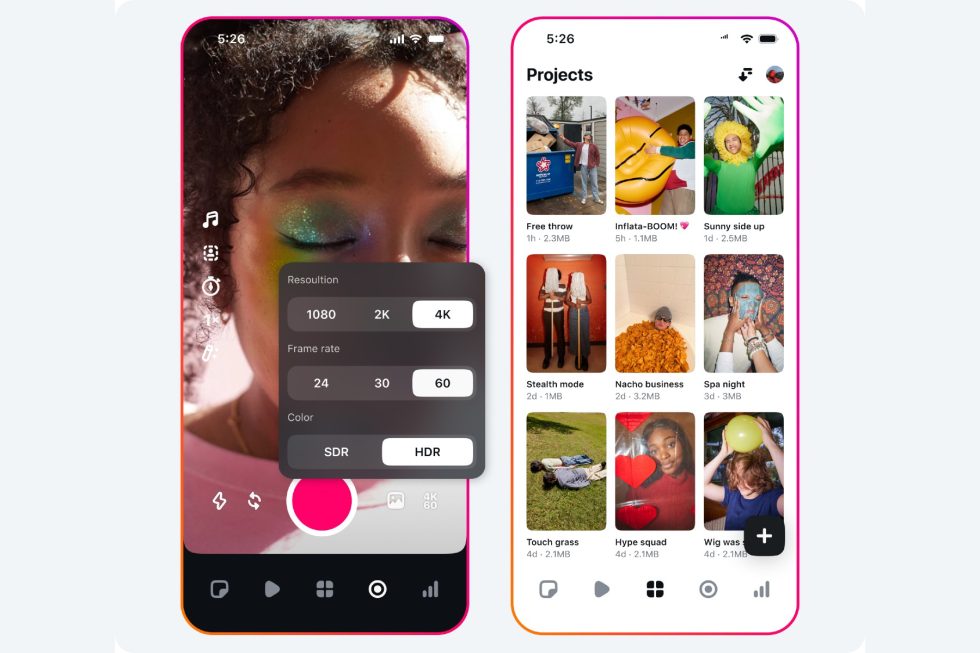






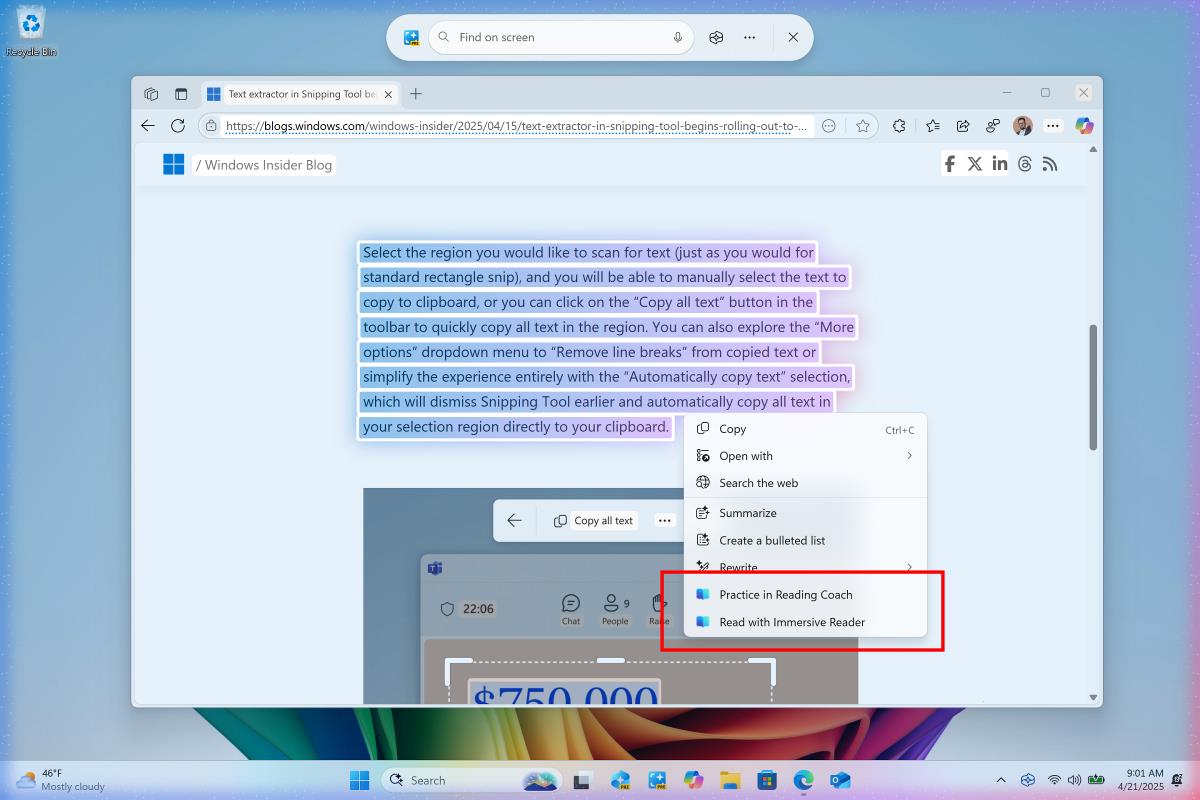
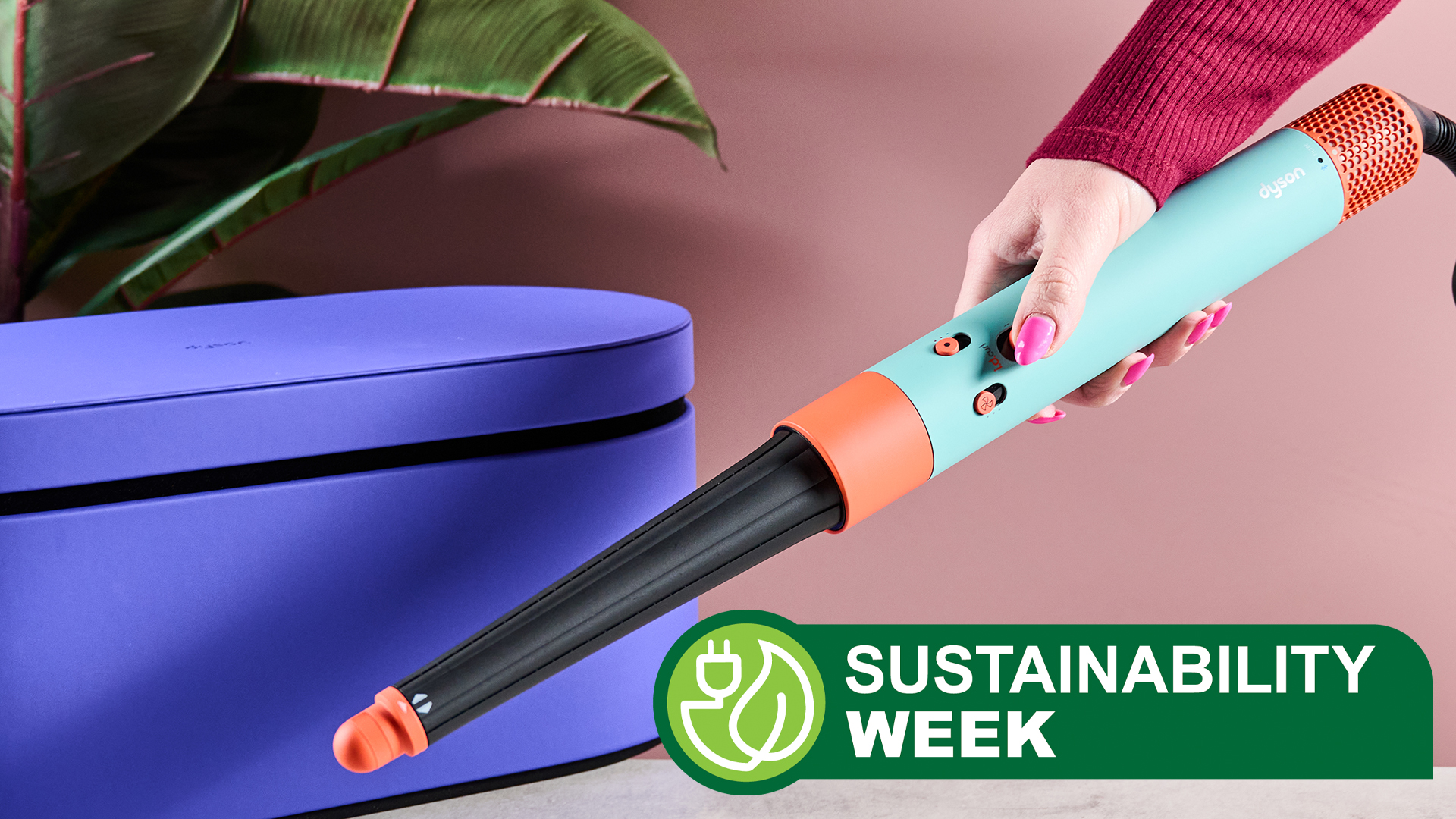













![Mike Rockwell is Overhauling Siri's Leadership Team [Report]](https://www.iclarified.com/images/news/97096/97096/97096-640.jpg)
![Instagram Releases 'Edits' Video Creation App [Download]](https://www.iclarified.com/images/news/97097/97097/97097-640.jpg)
![Hands-On With 'iPhone 17 Air' Dummy Reveals 'Scary Thin' Design [Video]](https://www.iclarified.com/images/news/97100/97100/97100-640.jpg)
![Inside Netflix's Rebuild of the Amsterdam Apple Store for 'iHostage' [Video]](https://www.iclarified.com/images/news/97095/97095/97095-640.jpg)
















![What iPhone 17 model are you most excited to see? [Poll]](https://9to5mac.com/wp-content/uploads/sites/6/2025/04/iphone-17-pro-sky-blue.jpg?quality=82&strip=all&w=290&h=145&crop=1)








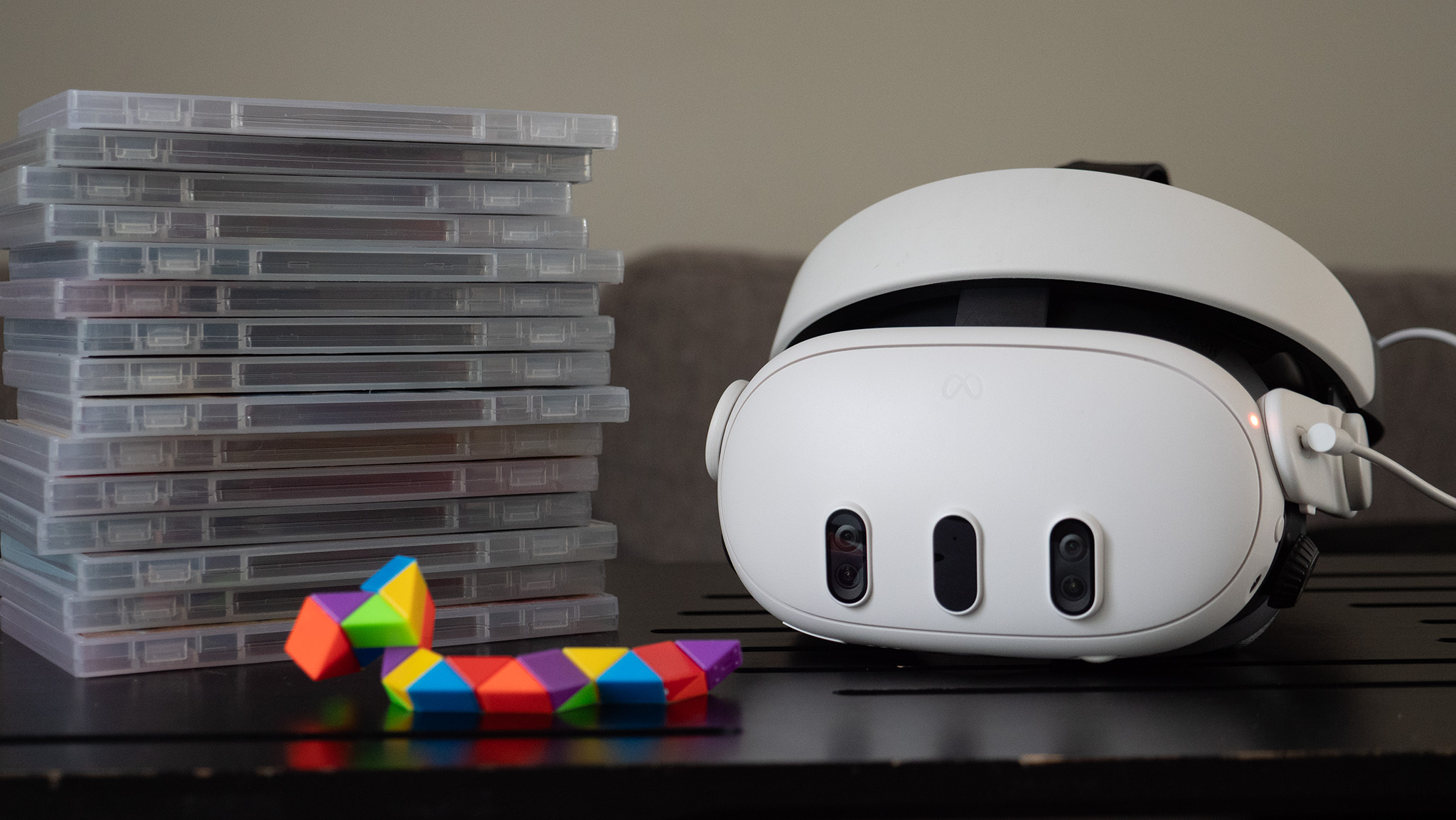
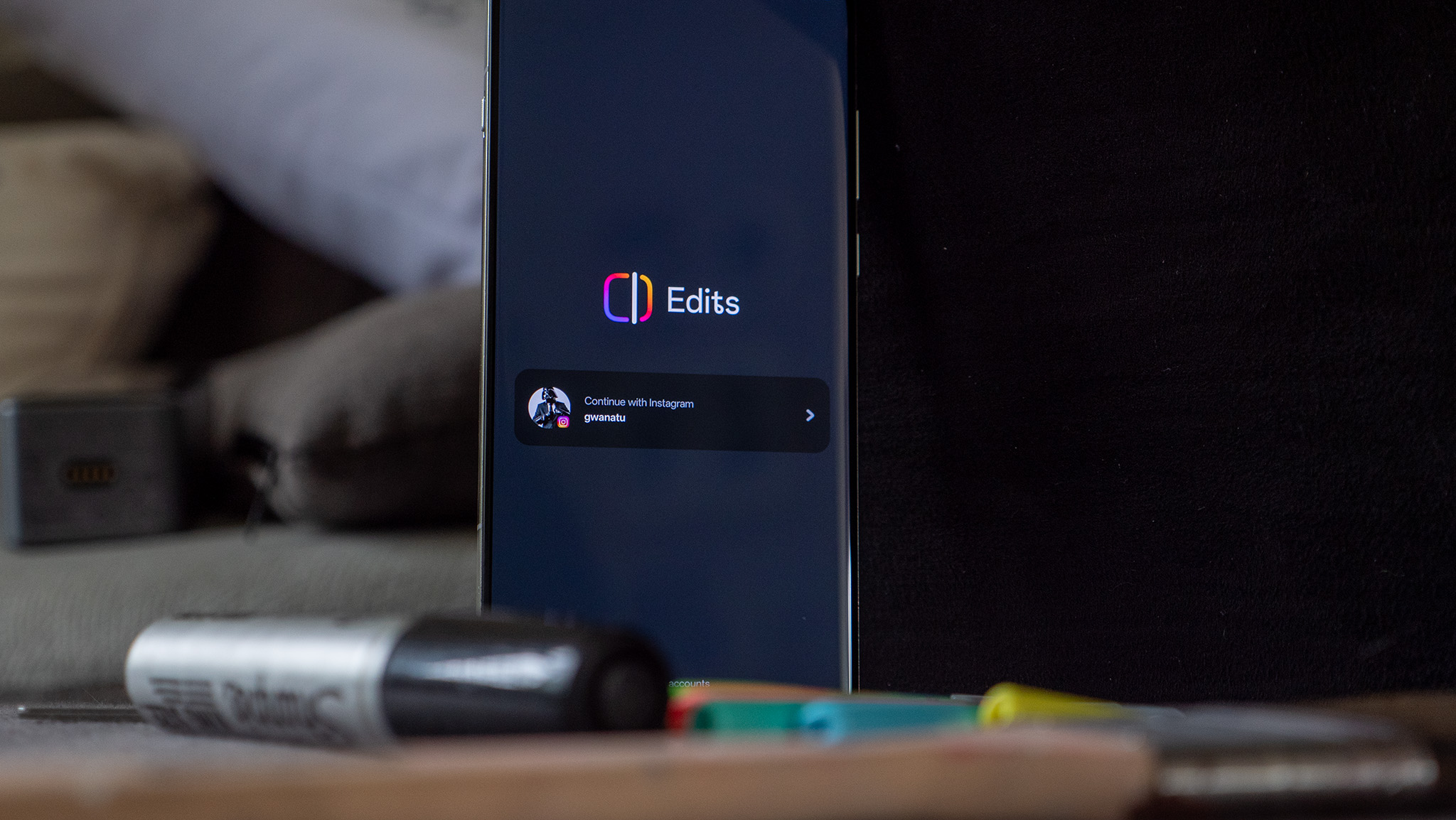

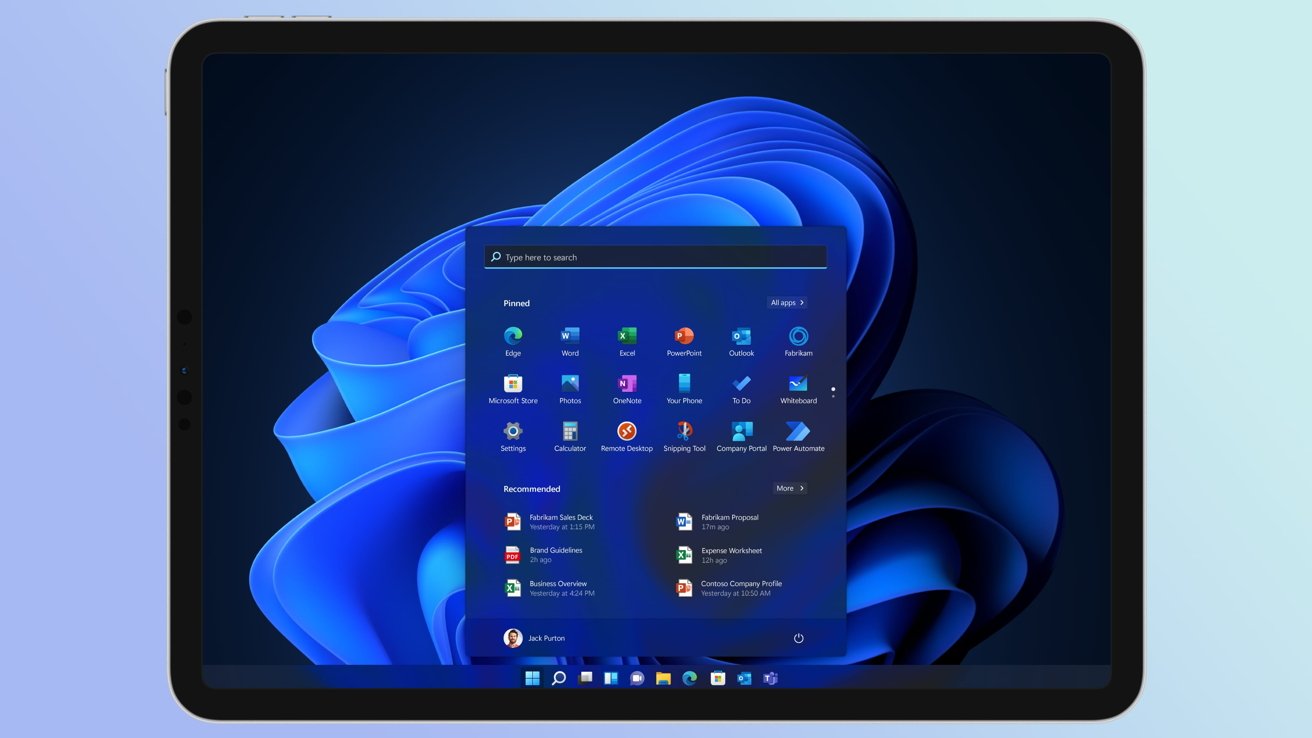

























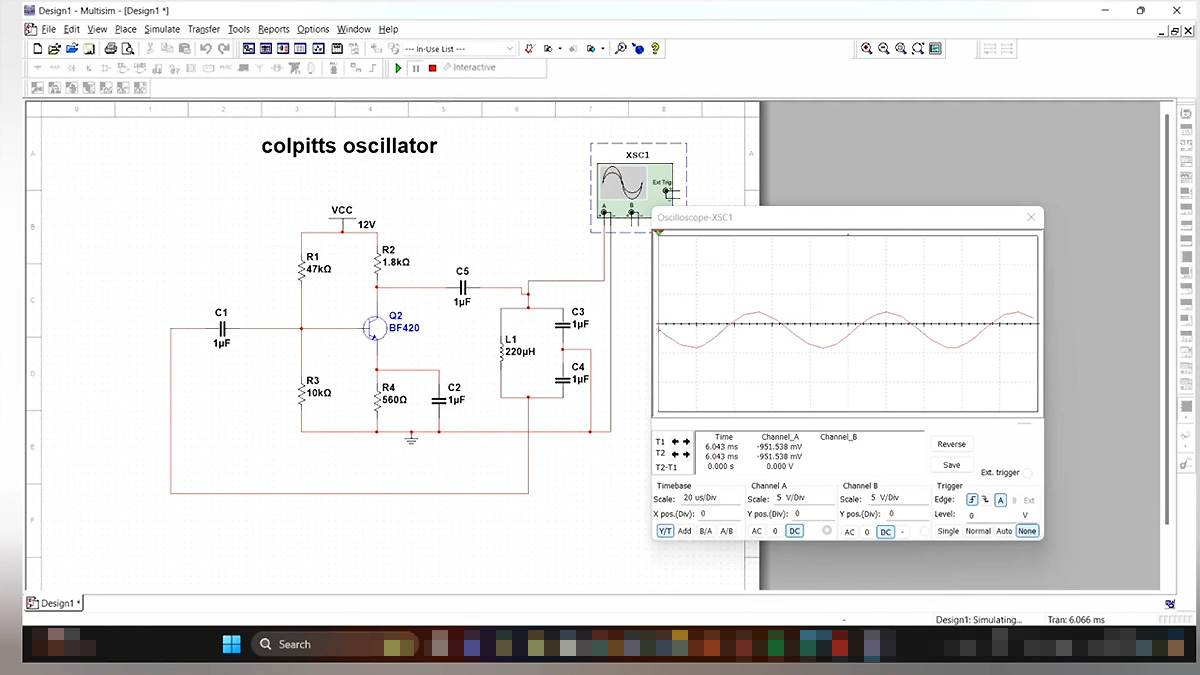


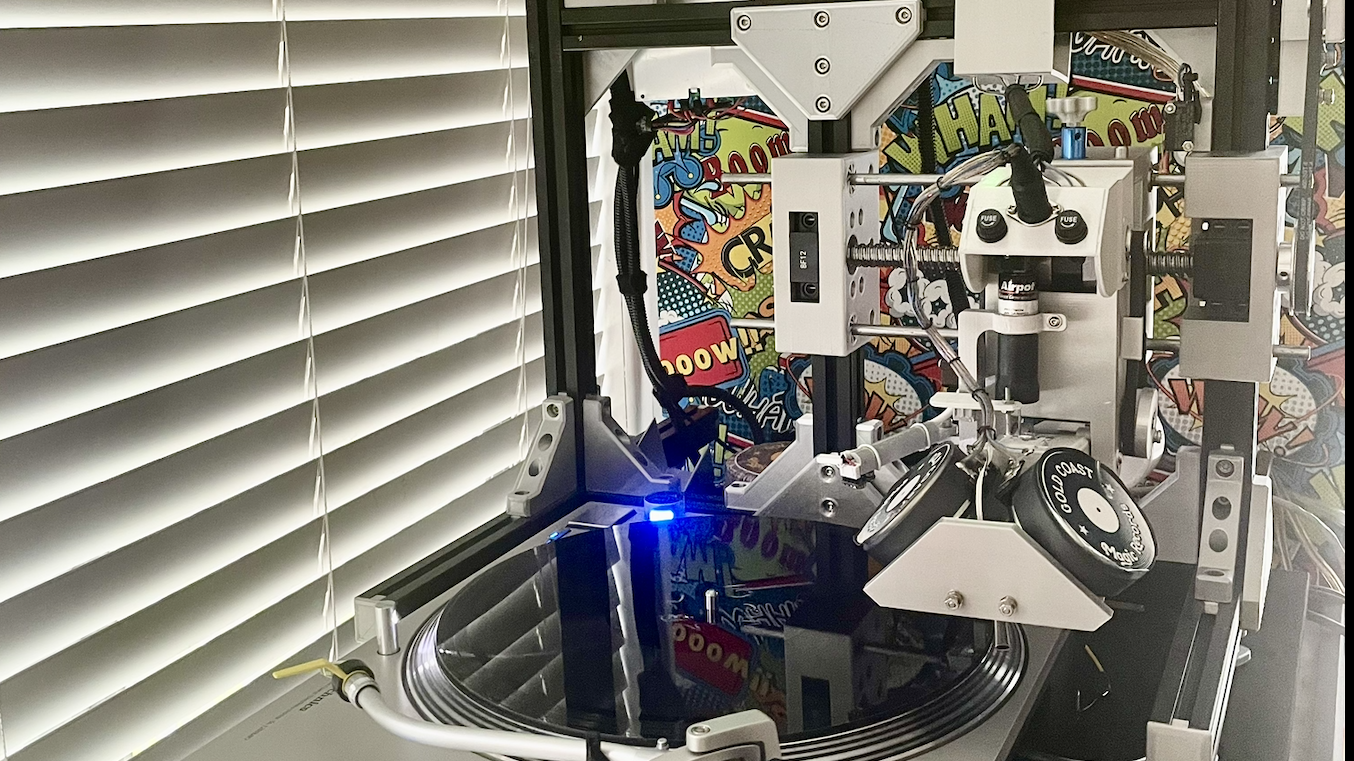



































































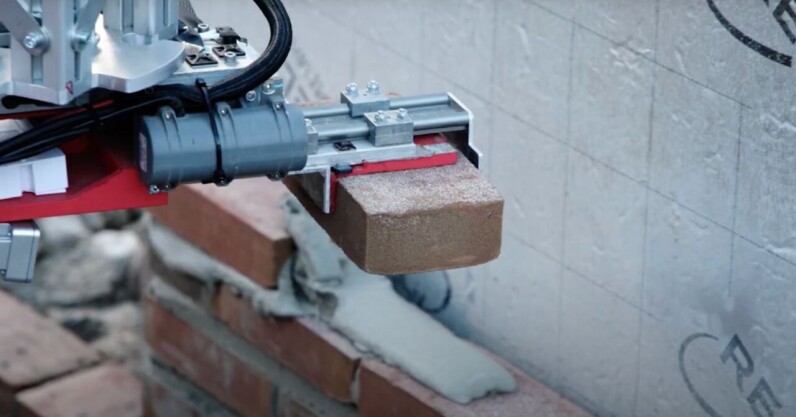




































































![[The AI Show Episode 144]: ChatGPT’s New Memory, Shopify CEO’s Leaked “AI First” Memo, Google Cloud Next Releases, o3 and o4-mini Coming Soon & Llama 4’s Rocky Launch](https://www.marketingaiinstitute.com/hubfs/ep%20144%20cover.png)



























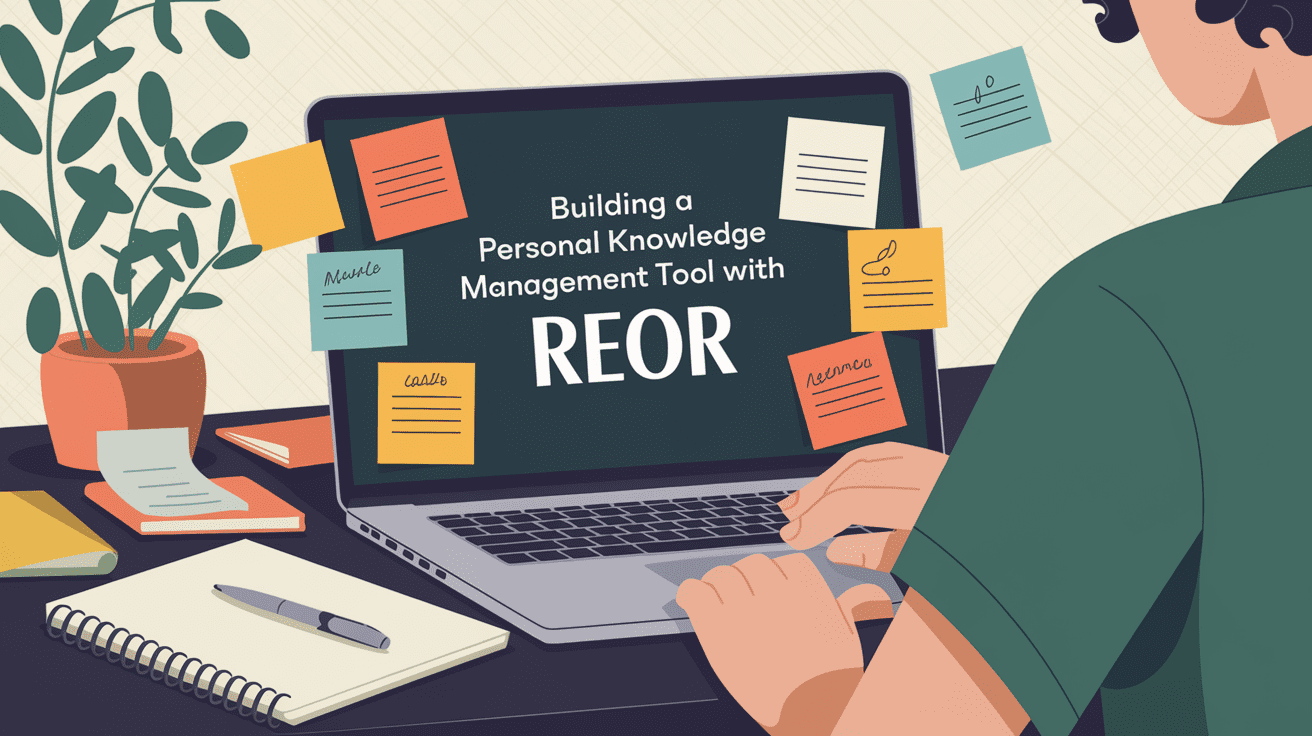



































































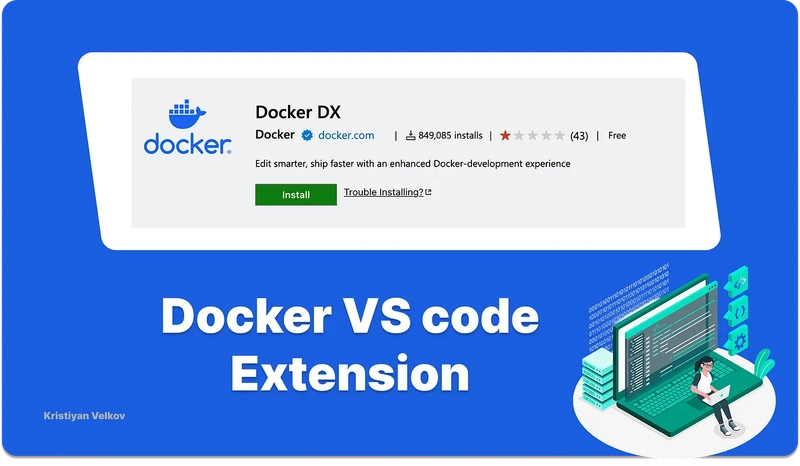






















![BPMN-procesmodellering [closed]](https://i.sstatic.net/l7l8q49F.png)














































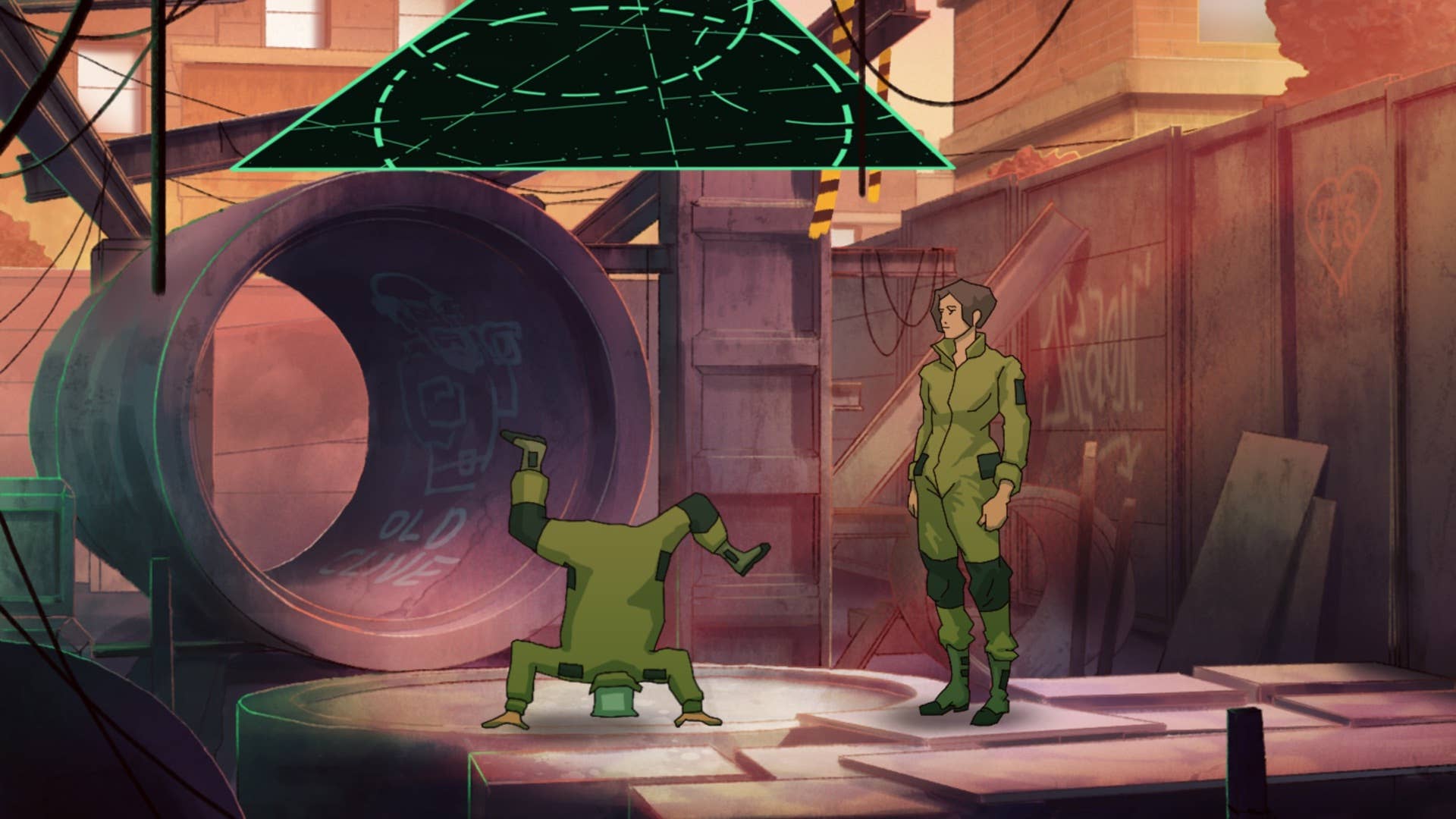

-All-will-be-revealed-00-35-05.png?width=1920&height=1920&fit=bounds&quality=70&format=jpg&auto=webp#)
